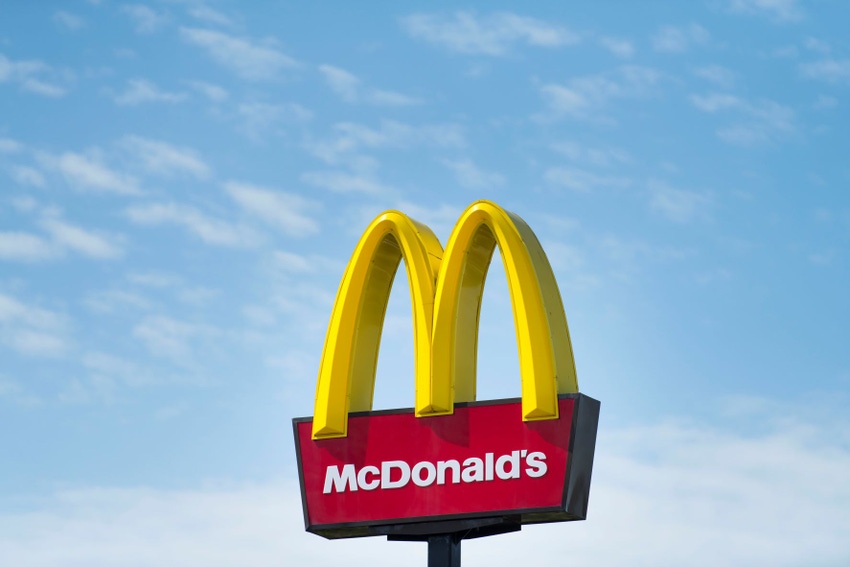Glass Lewis, ISS back McDonald's director nominees, not Icahn's
No evidence to suggest practice of housing pregnant sows in initial phase of pregnancy represents a substantial deviation from current industry practice.
May 18, 2022

Two prominent proxy advisory services this week have urged McDonald's Corporation shareholders to vote for all of its director nominees on the white proxy card, and to disregard Carl Icahn's two replacements for the board. Last month the billionaire investor sent an open letter to shareholders, contending the McDonald's Board of Directors is failing shareholders and stakeholders by presiding over animal welfare violations, supply chain lapses and what he perceives to be a hollow environmental, social and governance agenda.
In response to a report published by Glass, Lewis & Co. regarding the election of directors to McDonald's Board at the Company's 2022 Annual Shareholders' Meeting on May 26, McDonald's says it "appreciates Glass Lewis' support of the election of all of McDonald's directors, which is aligned with the report published by Institutional Shareholder Services ("ISS") on May 16."
The global foodservice retailer says it was pleased that Glass Lewis noted the following:
"…the company appears to be making meaningful progress towards meeting its goal of responsibly phasing out gestation crates from its U.S. supply chain, and the company has offered a reasonable rationale for the recent delay in its progress."
"After review, we do not see any evidence to suggest the company's practice of housing pregnant sows in the initial phase of pregnancy represents a substantial deviation from current industry practice."
"…we believe Management Nominees Penrose and Lenny have vastly superior qualifications and depth of experience compared to those of Dissident Nominees Samuelrich and Ganzler."
"…we believe the Dissident has failed to make a sufficiently compelling case to warrant the boardroom changes it is seeking here… we believe the Dissident's campaign takes on a decidedly simplistic and myopic view of ESG concerns, with no substantive regard given to the economics of the company's business nor to the creation of shareholder value. Further, we believe the Dissident Nominees lack the requisite background, qualifications and experience for serving on the board of a large multinational firm such as the company."
The McDonald's Board of Directors urges shareholders to vote for all of McDonald's director nominees on the white proxy card and to disregard any materials, including any gold proxy card, that may be sent by the Icahn Group.
In his letter last month, Icahn called on on McDonald's to prioritize the following:
Commit to eliminating gestation crates (zero days in stalls) from its supply chain by the end of 2023, which he says has failed despite having a decade to do so.
Extend the company’s gestation crate elimination goal to its global supply chain by 2024, whereas the commitment previously applied only to the United States.
Commit to sourcing its pork from suppliers that abide by Proposition 12's standards regardless of the law's status, which he says some of America's largest pork producers have already publicly stated can be implemented.
Adhere to Sustainability Accounting Standards Board disclosures in accordance with the "Meat, Poultry & Dairy Industry" standard FB-MP-410a.1, which requests disclosure of the "percentage of pork produced without the use of gestation crates" (zero days in stalls).
Add two new directors to help the board effectively oversee leadership and ensure the company's commitments are upheld.
When McDonald's made its 2012 commitment regarding group housing for pregnant sows, it was shaped with input from industry experts and the American Association of Swine Veterinarians. It led to a step-change in the industry, with a commonly adopted approach to group housing.
According to McDonald's, the company only sources approximately 1% of U.S. pork production and does not own any sows, or produce or package pork. Based on current estimates, McDonald's says it would require at least 300-400 times the animals housed today in "crate-free" systems to keep their supply chain running.
About the Author(s)
You May Also Like


